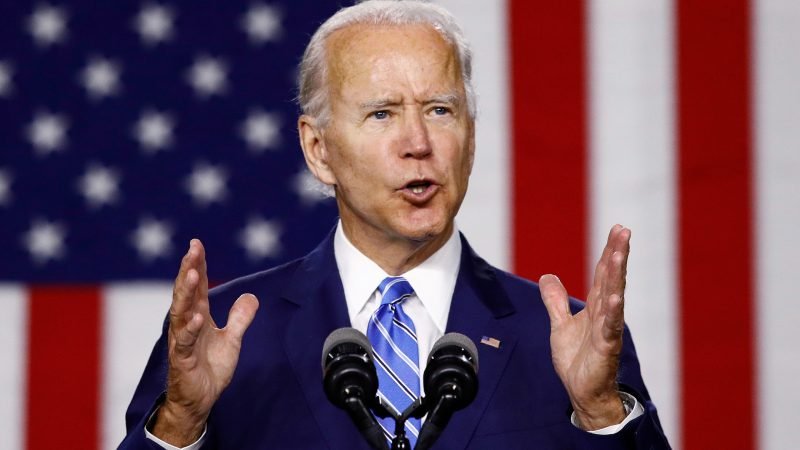President Biden’s “Summit for Democracy”: Inclusive or Exclusive?

“Democracy doesn’t happen by accident. And we have to renew it with each generation, in my view, this is the defining challenge of our time.” These were the words of U.S. President Joe Biden in the recently concluded “Summit for Democracy” in which more than a hundred countries were invited to participate virtually where he emphasised on renewing of democracy and fight against the rise of authoritarianism. The White House said that they are working with U.S. Congress to provide $424.4 million toward the new initiative to bolster democracy around the world, including support to independent news media. There is no doubt that the United States being the oldest democracy has a lot to offer.
Scholars and researchers of International Relations are not on consensus whether the summit was meant to strengthen democracy around the world or a hidden agenda to make an alliance of like-minded countries for strategic gain. Even if we take the first perspective that the summit was meant for serious discussion on renewing democracy, the list of invitees casts doubt. One can understand the absence of Russia and China from the invitee list for various reasons. In South-Asia Pakistan was invited but not Bangladesh and Sri Lanka, considering the track record of Bangladesh and Sri Lanka in recent years as compared to Pakistan these two states were more eligible but the U.S. choose strategic importance. Cambodia, Laos, Thailand, Singapore, and Vietnam from South-East Asia were also not on the list of the invitee. From Africa, only seventeen of the fifty-four countries were invited which is even less than one-third. If we analyse the list of invitees it seems that the summit was more exclusive than inclusive in nature which supports the other perspective of hidden agenda of strategic gain.
In Europe, the “Summit for Democracy” is overshadowed by “Strategic Autonomy”. The latest sentiment in Europe is staying away from binary of United States or Chinese led leadership. In the context of the climate crisis and a global pandemic, which both require coordination among democracies and non-democracies alike, many European leaders are sceptical of a U.S.-led summit that splits the world along these lines.
In the host country (U.S.) things are not so smooth and especially after the January 2021 U.S. capitol riot United States credibility as a protector or promoter of democracy has dented significantly. The U.S. president has not been able to pass its agendas smoothly from Congress; in fact, President is struggling to get anything passed in the highly polarised U.S. Congress.
In India democracy is strengthening each passing day one can say. In the last two general elections single party is winning with a majority yet makes a coalition government. More transparency is there today with an electronic voting machine with VVPAT. Let’s take the example of the recently scraped three farm laws which was brought with full conviction by a government having absolute majority but had to withdraw it in Parliament after farmer’s agitation. This is the beauty and unique character of Indian Democracy. To wind up there is no doubt that the United States being the oldest and among most vibrant democracies has a lot to offer. Bringing more inclusiveness is the need of the hour; selective choosing is not going to help. As far as India is concerned it can learn from the good essence of American democracy but India should continue with the way is going through its own time tested democracy.


















